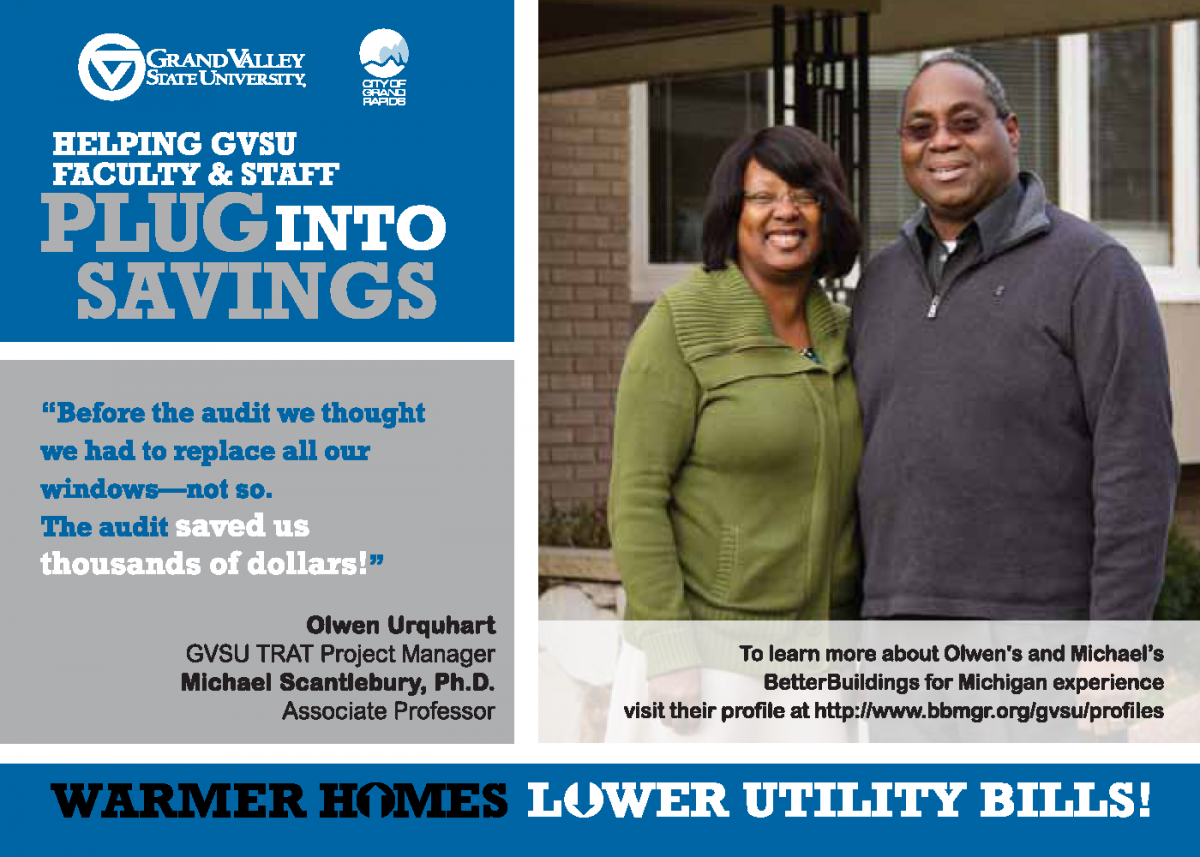Programs found that encouraging word of mouth outreach by asking satisfied customers to promote their program experience to peers helped attract more homeowners who completed energy upgrades. Referrals from neighbors and friends who are happy with their energy improvements can provide a good source of leads. Marketing materials can feature homeowner testimonials about real benefits to build community trust in the program and enhance energy efficiency awareness efforts.
The research paper, Environmental Sustainability and Behavioral Science: Meta-Analysis of Proenvironmental Behavior Experiments, analyzed the most effective methods for encouraging environmentally sustainable behaviors. The authors define “social modeling” as the passing of information via demonstration or discussion in which the participants indicate that they personally engage in the behavior. This concept can be one of the most effective behavioral tactics for promoting home energy efficiency. Many programs found that homeowners are more likely to participate after hearing neighbors or peers describe their experience and how they benefited.

Source: Michigan Saves As part of its efforts conducting “neighborhood sweeps” to test various outreach strategies in 58 different neighborhoods across the state, Michigan Saves regional coordinators learned that preparing neighborhoods for the sweep was essential. To prime neighborhoods for sweeps, the program first worked with early adopters, who were trusted, high profile people who could publicly vouch for and perhaps canvas neighborhoods for the program. In some cases, the early adopter was from a neighborhood church, and in others, the community trusted their mayor, local council, or a nonprofit organization. These early adopters helped spread the word about Michigan Saves, formerly BetterBuildings for Michigan, by encouraging colleagues to sign up for the program at community events, meetings, press events, and in printed marketing materials and written testimonials on websites. Brochures and word-of-mouth recommendations doubled and tripled sign-up rates, respectively. Regional coordinators based their marketing plans on using these trusted messengers in letters, case studies, community meetings, and canvassing efforts.
- Using social media such as Facebook, the Milwaukee Energy Efficiency program (Me2) promoted “referral rewards” to customers who recruited their friends and family to sign up for the program. Homeowners would enter their friend’s contact information into the Refer a Friend section of the Me2 website. In return for providing this lead to the program, the homeowner received one free LED light bulb. If the friend signed up for the program, they would both receive $50.